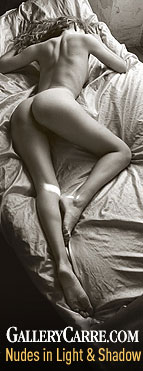 UNSPEAKABLE LOVE: Gay and Lesbian Life in the Middle East, by Brian Whittaker; 264 pp.; University of California Press
UNSPEAKABLE LOVE: Gay and Lesbian Life in the Middle East, by Brian Whittaker; 264 pp.; University of California Press
…In dissecting the wide gap between portrayals of homosexuality in Arab media and official discourse, and the lived reality of Arab same-sexers, Whitaker writes that “Arab portrayals of homosexuality as a foreign phenomenon can be [plausibly] attributed to a reversal of old-fashioned Western orientalism. Western orientalism, as analyzed by Edward Said (right) in his influential book, highlights the ‘otherness’ of oriental culture in order (Said argued) to control it more effectively. Reverse orientalism — a comparatively new development in the Arab world — taps into the same themes but also highlights the ‘otherness’ of the West in order to resist modernization and reform. Homosexuality is one aspect of Western ‘otherness’ that can be readily exploited to whip up popular sentiment…Where symbolism of this kind applies, the sexual act must necessarily be described in terms that maximize the reader’s disgust: there is no scope for portrayals of homosexuality that are anything but negative.” (more…)
gay queer lesbian







 Gallery Carre
Gallery Carre

Terry Gross interviewed Whittaker last month on Fresh Air. It was, of course, brilliant, and followed by an interview with an amazing young woman: Noa Sattath, the executive director of Jerusalem Open House, a GLBT organization in Israel.
Yep, I said it: Brilliant and Amazing.
Thanks so much for the link. Fresh Air is essential listening. I’ll have to go listen to it.
When I used to travel in the Middle East, it was common knowledge that men especially engaged in homosexual behavior because of the unavailability of women, much as heterosexual-identified men in Western society form homosexual bonds in prison or other places where women are unavailable. This has as much to do with poverty as strict Islamic law, since a man can’t marry without the means.
When I asked how this kind of double standard could exist, the usual answer was “it is illegal, but all things are possible.”